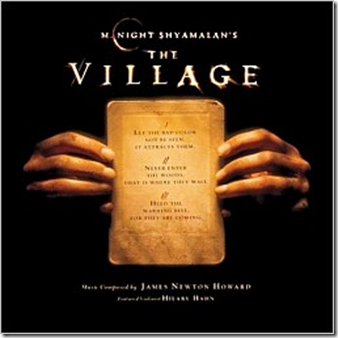Brilliant writing can be found anywhere.
/I read a review of M. Night Shyamalan’s 2004 film The Village the late, great Roger Ebert’s last night.
It’s an absolute brilliant piece of writing.
Here’s an excerpt from it:
"The Village is a colossal miscalculation, a movie based on a premise that cannot support it, a premise so transparent it would be laughable were the movie not so deadly solemn…
Solemn violin dirges permeate the sound track. It is autumn, overcast and chilly. Girls find a red flower and bury it. Everyone speaks in the passive voice. The vitality has been drained from the characters; these are the Stepford Pilgrims. The elders have meetings from which the young are excluded. Someone finds something under the floorboards. Wouldn't you just know it would be there, exactly where it was needed, in order for someone to do something he couldn't do without it.
To call the ending an anticlimax would be an insult not only to climaxes but to prefixes. It's a crummy secret, about one step up the ladder of narrative originality from It was all a dream. It's so witless, in fact, that when we do discover the secret, we want to rewind the film so we don't know the secret anymore."
It’s a good reminder that brilliant writers are not only writing novels, poems, short stories and the like. Roger Ebert’s opinions of films were spot-on, but it was the way in which he expressed those opinions that made him timeless.
